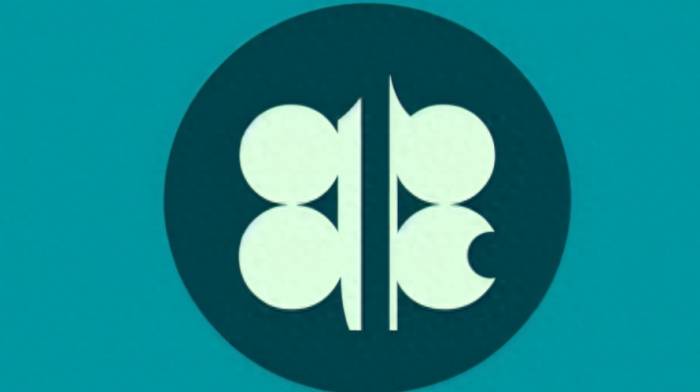OPEC Cuts Global Oil Demand Growth Forecast for Third Time
OPEC's confidence in the global oil demand outlook is waning, and its efforts to boost oil prices are undermined by some member countries' failure to adhere to production cuts.
OPEC has revised down its oil demand growth forecasts for the current and next year for the third consecutive month, belatedly recognizing a slowdown in global fuel consumption.
In its monthly report, OPEC stated that it expects global crude oil demand to grow by 1.93 million barrels per day (bpd) in 2024, down from a previous forecast of 2.03 million bpd. For 2025, it expects global crude oil demand to grow by 1.64 million bpd, down from a previous forecast of 1.74 million bpd. The organization said that this revision is "mainly due to the actual data received and a slight reduction in demand expectations for certain regions."
The consecutive three downward revisions of global oil demand growth forecasts mark OPEC's retreat from the strong bullish expectations it has maintained since the beginning of this year. Even after the revision, the organization remains an outlier in terms of demand forecasts, with its forecasts higher than those of Wall Street banks and traders, at the top end of Saudi Aramco's expectations, and about twice the International Energy Agency's (IEA) forecasts.
The behavior of OPEC member countries themselves also indicates a lack of confidence in the oil outlook. The organization has postponed its plans to increase production, despite its forecasts showing a severe supply shortage.
Under the leadership of Saudi Arabia, OPEC and its allies will gradually restore production by 2.2 million barrels per day starting from December, two months later than originally planned. Market observers such as JPMorgan and Citigroup still doubt whether they will continue to push forward with production increases amid slowing economic growth and increased supplies in the Americas.

Although conflicts in the Middle East have driven up crude oil prices, the current price of Brent crude at $77 per barrel is still too low for some OPEC member countries. Some countries have failed to meet their production cuts, particularly Iraq, Kazakhstan, and Russia, undermining OPEC's efforts to boost oil prices.
The report shows that Iraq has made progress in implementing its share of the production cuts that should have been made since the beginning of this year, but its production is still higher than the agreed quota.
In September, Iraq reduced its daily production by 155,000 barrels to 4.112 million barrels, close to the target of 4 million barrels, but still higher than this target, and there has been no progress in compensatory production cuts. An Iraqi official claimed over the weekend that its production is below the quota.
Kazakhstan's daily production increased by 75,000 barrels to 1.545 million barrels, violating its production cut commitment. Russia's daily production decreased by 28,000 barrels to about 9 million barrels, but it is still above the production quota.OPEC+ is expected to make a decision on its production increase plan for December in the coming weeks. The organization will convene on December 1st to consider its output policy for the year 2025.
Make A Comment